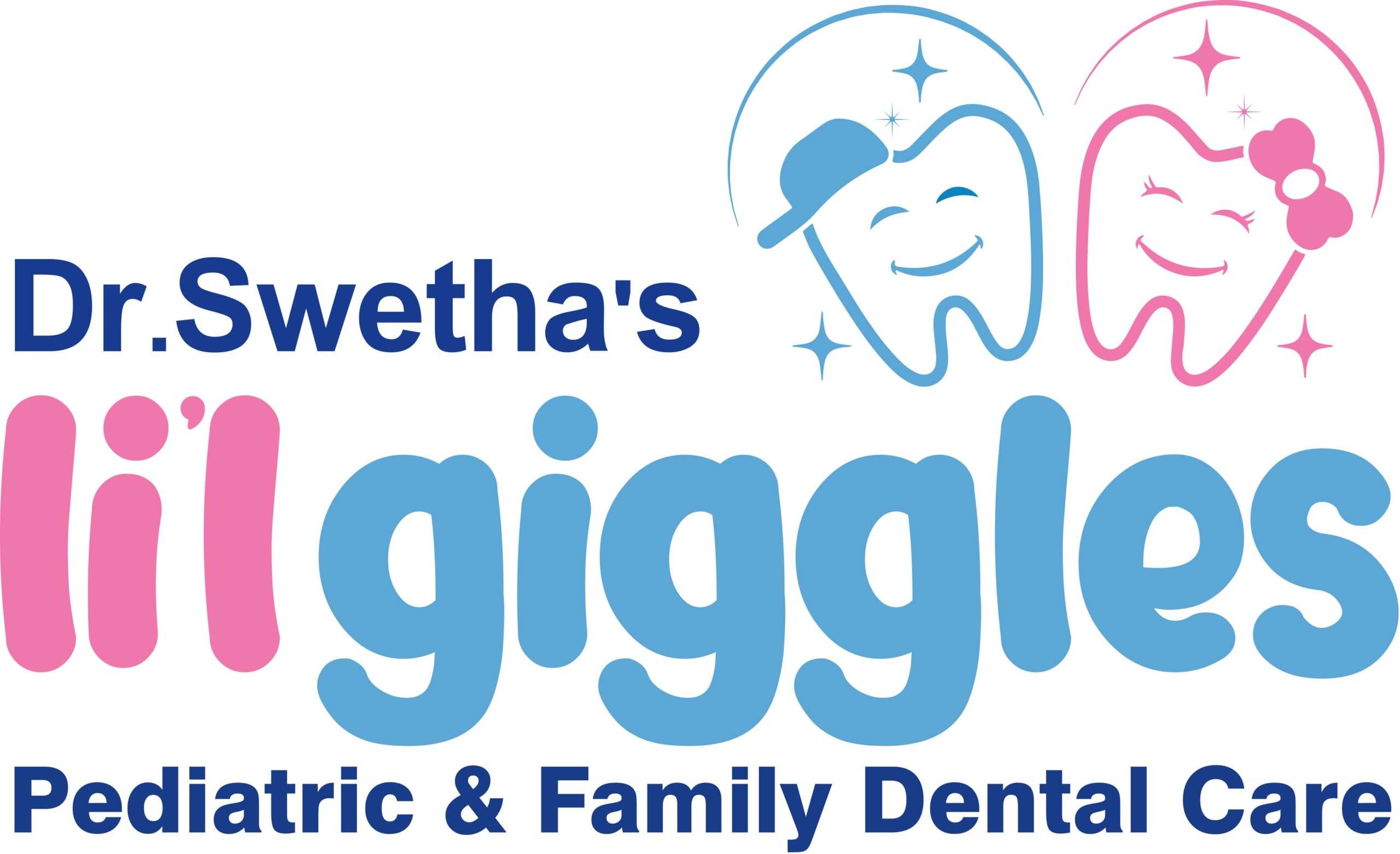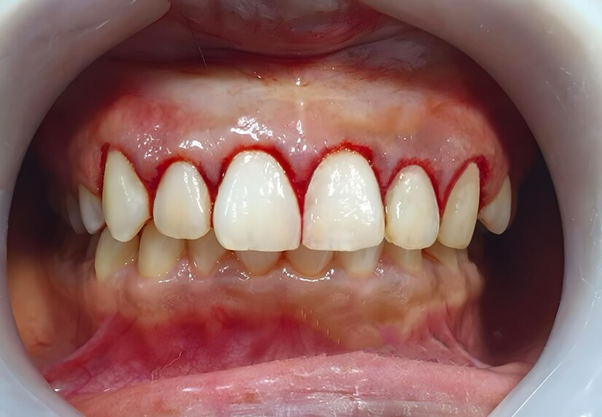Gum disease, or periodontal disease, is an infection that impacts the tissues that surround and support your teeth. It begins when harmful bacteria build up in your mouth, often due to poor oral hygiene practices like not brushing or flossing properly. If untreated, gum disease can lead to pain, swelling, and even tooth loss.
What Causes Gum Disease?
Gum disease typically stems from plaque buildup, a sticky layer formed by bacteria and food particles on your teeth. If plaque isn’t removed by regular flossing and brushing, it hardens into tartar, which irritates the gums. This leads to inflammation and early signs of gum disease, such as redness and bleeding, known as gingivitis. If left untreated, gingivitis can eventually lead to periodontitis, more aggressive phase of gum disease that causes damage to the bones and tissues that support your teeth.
How Do I Know If I Have Gum Disease?
Although the symptoms of gum disease can be subtle, common signs include:
- Gums that bleed when brushing or flossing
- Red, swollen, or tender gums
- Bad breath or a bad taste that doesn’t go away
- Pain when chewing
- Sensitive teeth or receding gums
- Loose teeth or changes in your bite
If you notice any of these symptoms, it’s crucial to consult your dentist for a proper diagnosis and treatment plan.
Is Gum Disease Reversible?
Gingivitis, the early stage of gum disease, is reversible with proper care, such as regular brushing, flossing, and professional cleanings. However, once the disease has progressed to periodontitis and bone loss has occurred, it cannot be fully reversed. The goal at this stage is to manage the disease and prevent further damage with treatment.
What Increases My Risk of Gum Disease?
Certain factors can make you more susceptible to gum disease, including:
- Poor oral hygiene habits
- Smoking or chewing tobacco
- Diabetes or other health conditions
- Hormonal changes, such as during pregnancy or menopause
- Family history of gum disease
- Medications that reduce saliva production
By managing these risk factors and practicing proper oral hygiene, you can greatly lower your risk of developing gum disease.
How Can I Prevent Gum Disease?
Prevention is key to maintaining healthy gums. Here are some effective strategies:
- Brush your teeth twice daily using a fluoride toothpaste
- Floss daily to remove plaque from between your teeth
- Use antibacterial mouthwash to reduce plaque buildup
- Avoid smoking and maintain a healthy diet
- Schedule regular dental visits for checkups and cleanings
Maintaining good oral hygiene and scheduling regular dental visits can effectively help prevent and control gum disease.
Promote Your Gum Health with Dr. Swetha’s Lil Giggles Dental
If you’re noticing signs of gum disease or need advice on maintaining optimal oral health, Dr. Swetha’s Lil Giggles Dental is here to help. Our expert team provides personalized dental care, including preventative treatments and gum disease management. Schedule your consultation today and take the first step toward a healthier smile.

